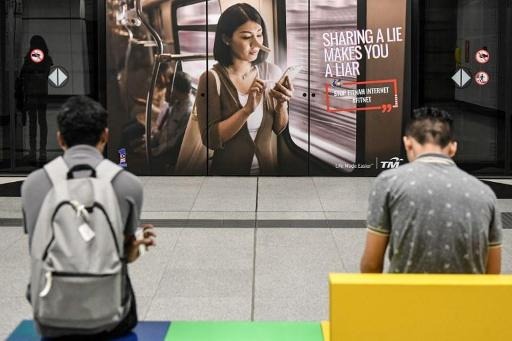Fake information is difficult to ignore even when you know it is incorrect, according to a study led by Free University of Brussels (ULB) researchers. “Fake news,” i.e. manipulated or false information, thus influence the human being’s judgment and memory, underlines the university in a press communication published Monday.
Olivier Klein, Director of the ULB Social and Intercultural Center, along with two other researchers - Myrto Pantazi, from the same center, and Mikhail Kissine, from the Linguistic and Speech Analysis Center - led an experiment to test the human being’s gullibility. They used as a model a test by Daniel Gilbert, from the University of Texas.
During the experiment, the participants are alone in front of a computer and must judge Etienne, who committed a crime. In order to help them determine the sentence for this individual, they receive a certain amount of information. Some of it is true, whereas other parts are false and are announced as such right at the beginning of the experiment. These may be aggravating or mitigating.
It comes out of the study that the participants who received aggravating false affirmations had a tendency to condemn Etienne more severely than those who had received mitigating false information. The first group condemned Etienne to 5 years in prison without parole, whereas the latter condemned him to an average of 3.65 years. The false information was thus taken into account, even though it had been announced as incorrect.
Furthermore, the participants also remembered an average of 27% of the false information as being true, and 7% of the true information as being false. “Memory acts like a sponge that absorbs false information and transforms it into true information. It is therefore difficult to have an efficient critical judgment when being constantly confronted with fake news,” explains Olivier Klein, quoted in the press communication.
The researchers’ experiment is explained in a video that was put on line, and the researchers also offer cybernauts to test themselves via the site https://cescup.ulb.be/JugezEtienne.
The Brussels Times

